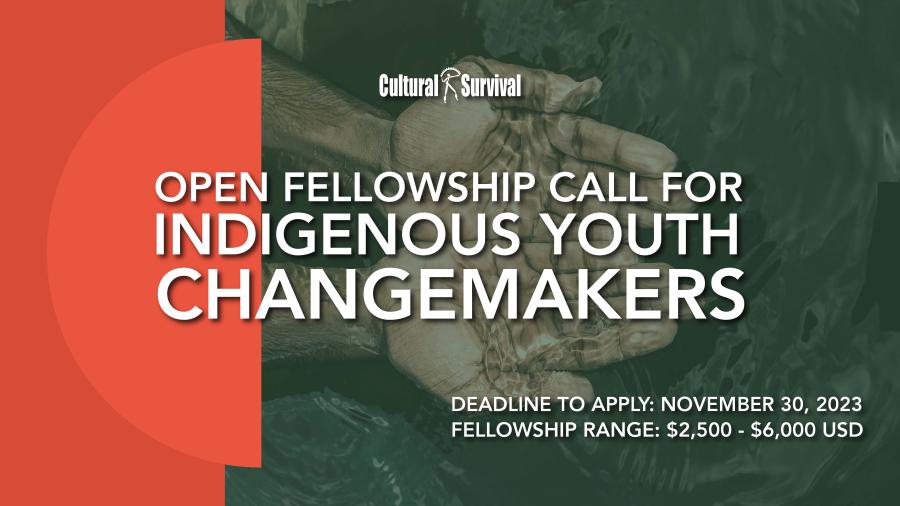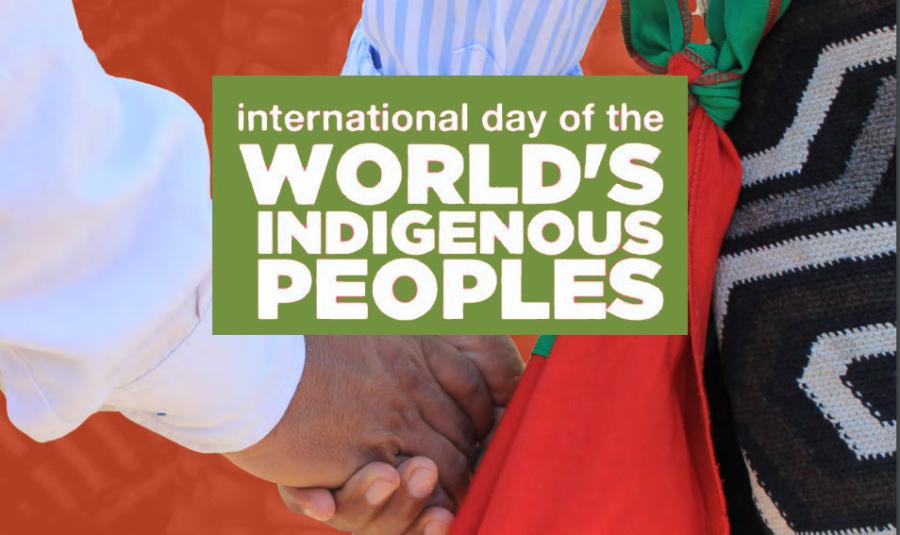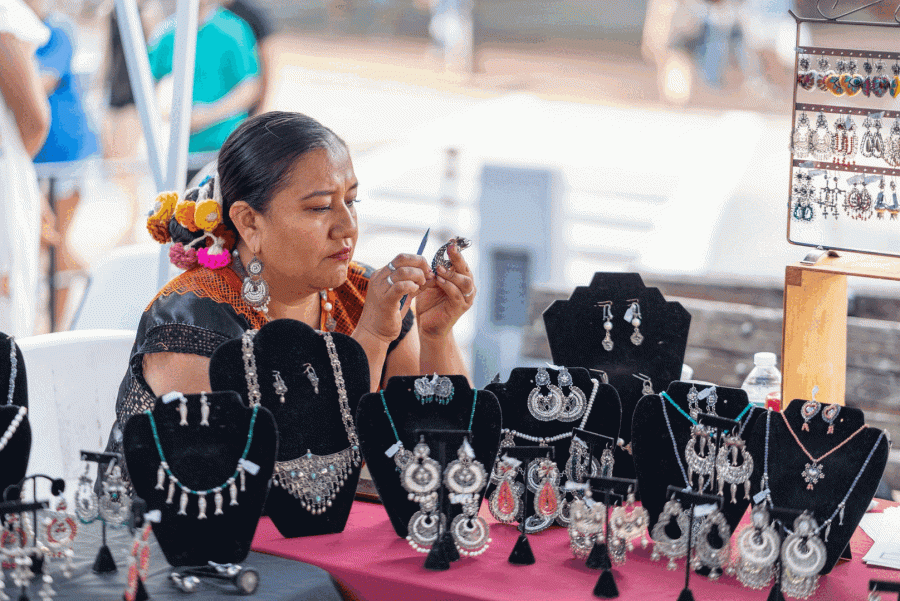Canada came under severe criticism in the current negotiations on an international regime on Access and Benefit Sharing (ABS) for the use of genetic resources at the tenth meeting of the Conference of the Parties (COP 10) to the Convention on Biodiversity was held in Nagoya, Aichi, Japan, from 18 to 29 October 2010, where over 200 Indigenous representatives participated. Canada stood alone in its shameful opposition to preambular text "Taking into account the significance of the United Nations Declaration on the Rights of Indigenous Peoples" (UNDRIP) in the proposed ABS Protocol. Reminding parties that it did not endorse the Declaration, Canada insisted that the reference to the Declaration be both bracketed and deleted. Indigenous Peoples insist the ABS Protocol must take into account the significance of the Declaration.
Armand MacKenzie, Executive-Director of the Innu Council of Nitassinan (Innu Nation), stated that, "You cannot claim to be a champion of human rights on the one hand and at the same time oppose the most widely accepted international charter in relation to Indigenous Peoples' rights. With such strong arm tactics undermining Indigenous Peoples' human rights, it is no wonder Canada lost their bid for a seat on the UN Security Council."
"Canada has contradicted its speech from the throne when it stated it would take steps to endorse the UNDRIP. The apology from the Prime Minister of Canada for the Residential School system was a positive move towards reconciliation between Canada and Aboriginal Peoples. This obstructionist position is an enormous step backwards, is unacceptable and undermines all Indigenous Peoples' collective rights" states Ellen Gabriel, president of Quebec Native Women.
"The Canadian government has been undermining the human rights of the world`s Indigenous Peoples since 2006, both at home and internationally", emphasized Paul Joffe, lawyer representing the Grand Council of the Crees (Eeyou Istchee). "Such conduct severely tarnishes Canada`s reputation globally and puts in serious doubt Canada's stated intention to endorse the UNDRIP is in good faith."
Indigenous representatives participated in long discussions and many negotiations at COP 10. The International Indigenous Forum on Biodiversity welcomed the adoption of the Code of Ethical Conduct to ensure the respect for the cultural and intellectual heritage of Indigenous Peoples and local communities and urged parties and stakeholders to utilize the Code when engaging with Indigenous Peoples.
Adapted from IIFB Press Statement



